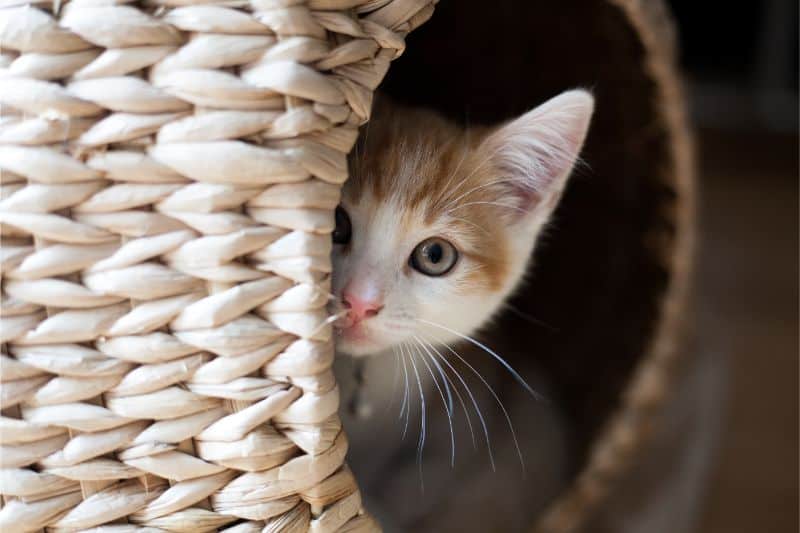Helping Your Pet with Summer Noise Phobias

For us, summer is filled with lazy days, popsicles, and fun in the pool. Summer can be fun for our pets as well, but for those with fears related to noise, it can also be a scary time. Thunderstorms, fireworks, passing motorcycles, and other loud sounds can be an absolute nightmare for some animals.
Summer noise phobias are a common pet problem, but there is no need to give up on an enjoyable summer. There are lots of things that you can do, and with Animal Medical Hospital & 24-Hour Urgent Care Center on your side there is no need to fret.
A Whole Lot of Noise
Some pets are seemingly unbothered by hurricane-force winds and the Fourth of July, but many are scared to near-death by these loud noises. In one sense, a healthy fear of these dramatic sounds is reasonable. For some, though, it goes beyond that.
Animals who suffer from noise phobia have a very pronounced and persistent fear of an auditory trigger that is very exaggerated for the reality of the situation. For instance, it is normal for a North Carolina pup to be worried if we really are in the throes of a hurricane. It is not normal for your pet to panic when a little thunder rumbles in the distance.
Pet with noise phobias have extreme reactions to sound. They may:
- Pace
- Pant
- Shake
- Drool
- Exhibit a tense posture
- Be unwilling to move
- Cling to you
- Hide
- Exhibit destructive behavior (digging, chewing, tearing up objects)
- Try to escape
Noise phobias can appear at any age and can affect any dog. Negative experiences, genetics, and early socialization experiences can all play a role in their development.
Handling Summer Noise Phobias
Problems with noises are more pronounced in this time of year. So what is a pet owner affected by summer noise phobias to do?
Thankfully, there is a lot that you can do to help.
Build a bunker — For many pets, having a safe zone to retreat to is extremely helpful. Pick a quiet, accessible area where you can close doors and windows to muffle the noise. An interior room such as a bathroom is often ideal. You can also turn on a source of white noise such as a television, radio, or fan to drown out the stimulus that is upsetting your pet.
The power of distraction — Some pets can be distracted from the noise. Engaging in a play activity they enjoy or working on some training exercises might be just the ticket.
Create some calm — There are lots of tools out there to help nervous pets feel more calm in the face of anxiety-triggers. Utilizing compression clothing such as a Thundershirt, calming pheromones like Adaptil, and anti-anxiety treats or supplements (ask us for recommendations) can be helpful for some pets.
Invest in behavioral therapy — Putting in work can really pay off when it comes to behavioral modification. Working to desensitize and counter condition your pet can help to create lasting effects.
Drugs are your friend — For some pets with extreme summer noise phobias, pharmacological intervention may be necessary to keep the pet safe, your home intact, and your stress level down. Call us today so that we can evaluate the situation to see if a sedative or anxiety-reducing prescription might be appropriate.
If you have a pet with summer noise phobias, you should also be sure that your pet’s microchip information is current. If your pet is not microchipped, consider doing so. A scared pet who bolts out the door can be a lost pet, and a microchip is a good way to help ensure a safe return.
Storms and such are certainly scary, but there are plenty of resources at your disposal to help your pet. Finding the right combination to help you pet is key to helping you both enjoy the summer.
